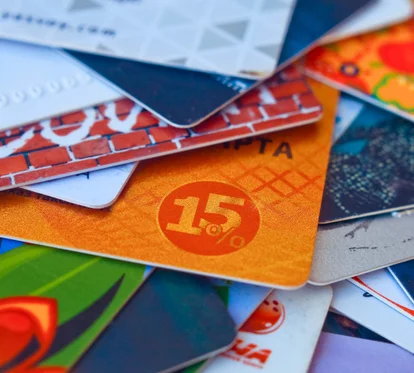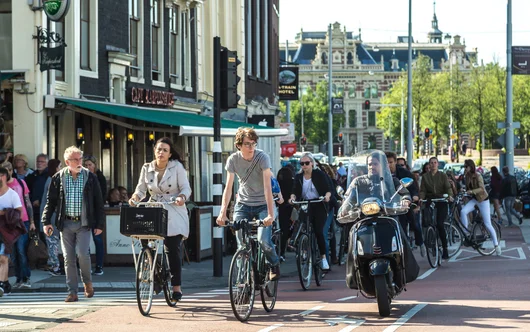One advantage of blockchain for city passes is its ability to reduce fraud. The current system uses physical passes that can be copied, forged or stolen. By recording city passes on the blockchain, every transaction and interaction with the pass can be recorded in an immutable ledger. This makes it nearly impossible for forgeries or misuse. In addition, smart contracts on blockchain can be used to automatically enforce the terms of use of city passes, further deterring abuse and improper use.
The future of city passes with blockchain

In modern society, city passes are becoming increasingly popular as a way for residents of a city to access various services and facilities. These passes offer discounts on public transportation, museums, theaters and sporting events, among others. While city passes are already a useful tool, the integration of new technology can further integrate this product into society. In this article, we explore how blockchain and other decentralized technology can help improve city passes.
Cities around the world
Shared technical infrastructure can also provide improved interoperability between city passes. Cities often have their own unique pass systems, which can cause problems for travelers and residents visiting multiple cities. By standardizing city passes on a blockchain, users can easily use their pass in different cities around the world, and link different schemes to their wallet at the same time. This promotes mobility and ease of use, making city passes much more valuable to travelers.
Ownership
Another potential benefit is the ability to foster new forms of collaboration and community engagement. Blockchain allows users to have ownership of their data and digital identity. On the one hand, this means that users can gain more control over their personal information. On the other hand, infrastructure independence creates opportunities to use the platform in multiple ways. Think of an AirBnB, where the benefits of the system flow back to all participants. Something similar can be set up by establishing different sustainability and social tokens, the value of which does not return to the central data controller. Both possibilities strengthen trust between users and service providers. This can lead to new innovations and improved services.

Obstacles
While the integration of decentralized technology into city passes has potential, there are also challenges to overcome. Scalability and compatibility with existing systems are some major obstacles. It will take close collaboration between government agencies, technology experts and other stakeholders to achieve a seamless transition to decentralized hosted facilities.
Centric is currently exploring the potential of blockchain technology for hosting social services. The benefits we mentioned above are going to prove themselves in the near future in pilots we are running with municipalities. In this way, we hope to use new technology to make tomorrow's society better.
Want to know more about what blockchain is all about? Then read the article What is blockchain?


